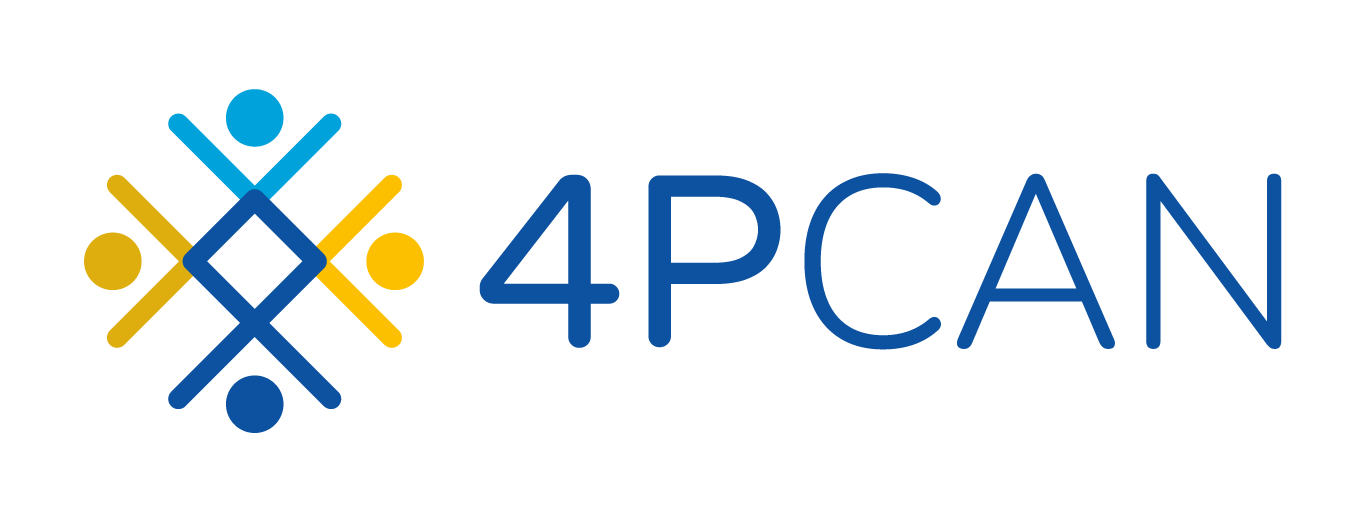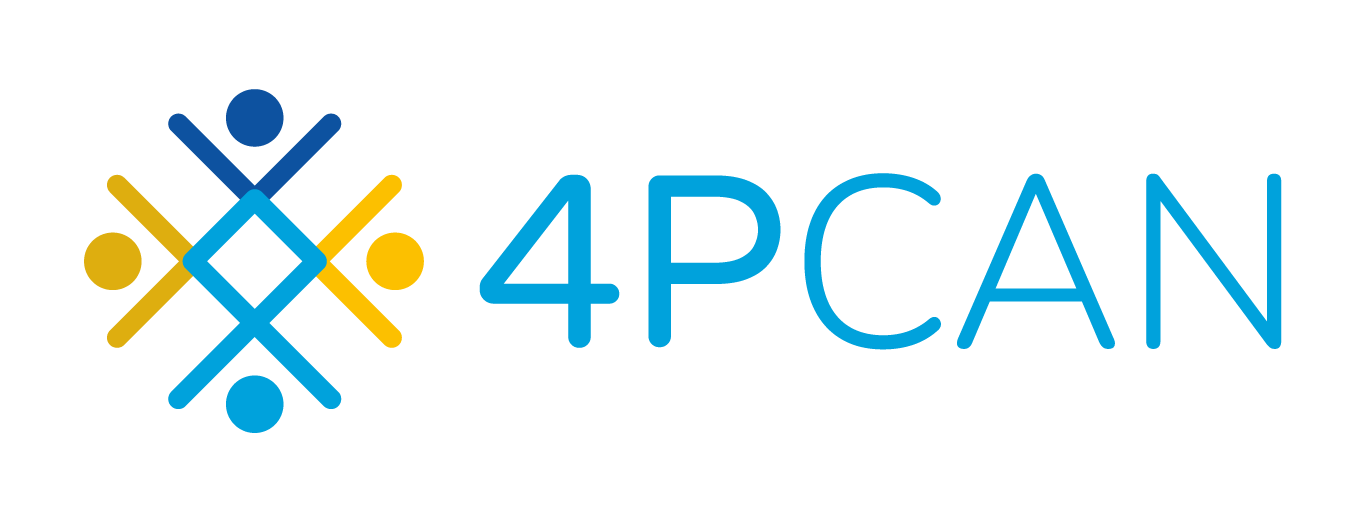Characterizing stakeholders for primary cancer prevention in European Western and Eastern countries
Over the past decades, a decreasing trend in total cancer mortality rates has been observed across Europe, although a meaningful gap persists between regions. Countries from Central and Eastern Europe have higher cancer mortality rates than Western European countries. This “Iron Curtain of cancer cases” highlights differences in lifestyle patterns and exposure to risk factors.
Cancer Primary Prevention may perform a pivotal role tackling such differences. This is a cost-effective way to reduce cancer-related morbidity and mortality that involves a multifaceted role from several stakeholders. Cancer Primary Prevention stakeholders may contribute to policy development, resource allocation, community engagement, research, innovation, advocacy and education efforts, between others.
Within Work Package 2 of the 4P-CAN Project, we are currently shedding new light into this “Iron Curtain of Cancer Cases” by gathering information from stakeholders from Western and Eastern Europe. The study aims to identify challenges and opportunities in their actions, and interactions between different sectors. The goal is to understand the activities developed, as well as the perceived motivations, barriers, opportunities, and areas for improvement, while disclosing differences and similarities between Western and Eastern European approaches to Cancer Primary Prevention.
Data collection includes both quantitative and qualitative methods. Quantitative data was already collected by an online survey and qualitative data will be collected through semi-structured interviews until September.
The survey conducted in January and February 2024 gathered quantitative data from 110 stakeholders across 23 countries, split between Western (56%) and Eastern Europe (44%). Participants were recruited using snowball sampling, and the penta-helix model was used to categorize stakeholders from Public Governance, Academia/Research, Private Sector, Media, and Civil Society. Participants were asked to rank the sectors based on which they believed could have the main role, was the most proactive, and the most influential in CPP.
Preliminary results from this survey reveal that 62.2% of respondents collaborate with other key national stakeholders. Public Governance was identified as the sector most capable of driving change in Cancer Primary Prevention by 53.7% of respondents from Western countries and 73.9% from Eastern countries. The sectors Academia/Research and Private sector were considered having a main role in change respectively, by 2.4% and 17.1% of stakeholders from Western countries while Eastern European respondents did not see these sectors as pivotal. Public governance (39%) and civil society (31%) were considered the most proactive sectors in addressing Cancer Primary Prevention. Public Governance was considered the most influential one by 50% of the participants from Eastern countries and 29.3% of those from Western countries, while 24% of the whole sample assessed the media as the most influential.
Further information about activities, barriers and motivations of each sector and collaboration between sectors will be obtained through interviews with stakeholders from different countries of the 4P-CAN Project. We will try to identify differences and similarities between Western and Eastern countries that may help shedding new light into this “Iron Curtain of Cancer Cases”.
- The aim of this news is to describe some of the research work the Portuguese team is developing in the 4P-CAN consortium
- Work performed under Work Package 2 from 4P-CAN project
- Public governance was the sector that participants most often reported that could have the main role in Cancer Primary Prevention.
- Further information about activities, barriers and motivations of each sector and collaboration between sectors will be obtained through interviews with stakeholders from different countries of the 4P-CAN project.
Authors:
On behalf of the Portuguese team of 4P-CAN,
Mafalda Sousa Uva 1, Luis Filipe Roxo 1, Ana João Santos 2
1 Department of Epidemiology – National Institute of Health Doctor Ricardo Jorge, Lisbon
2 CINTESIS@RISE, Department of Education and Psychology, University of Aveiro, Aveiro

